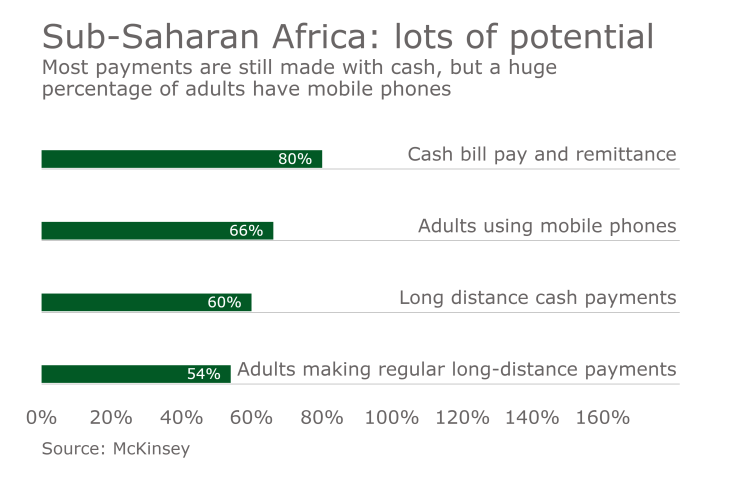Financial technology, which first made its impact in predominantly Western countries such as the U.S. and U.K., stands to bring even greater change to unbanked populations in emerging markets.
India, for example, is home to more than
Before fintech firms dive head-first into untapped and emerging markets, there are several major challenges to consider. Without the resources used to verify customer identities and financial situation in developed markets – namely credit scores and personal forms of ID – fintech startups must seek out new ways to serve those who have yet to enjoy financial inclusion, whether that’s implementing easier payout options for the unbanked or growing mobile wallet offerings. Accessibility is key, which makes the emergence of regulatory technology – or regtech – all the more important.

Regtech has enabled financial institutions in developed markets to reduce costs and improve efficiency, and could prove even more valuable in countries where fintech firms lack the tools needed to make an impact. From the absence of uniform bank infrastructure to nonexistent ID cards, identifying customers and maintaining compliance in emerging markets is no easy task. Regtech appears poised to simplify this process, but it’s important to note that regtech companies will have a tough time building helpful tools without rich datasets from the right financial institutions. A partnership between the two promises to benefit both parties.
As fintech companies in emerging markets ramp up demand for more efficient back-end operations, an increase in regtech innovation is sure to follow. Although fintech companies have typically built such services in-house, there is plenty of reason to believe licensing, compliance and other global payments complexities could soon be outsourced to specialists. Identity verification and risk scoring are two areas where this has already happened.
Still, the potential use cases and pain points for fintech companies are much broader. It’s largely up to regtech companies to create regulatory and compliance processes that any and all fintech startups can access at a moment’s notice. With that will come a complete and accurate data set that can be used to analyze risk more effectively than ever before.





